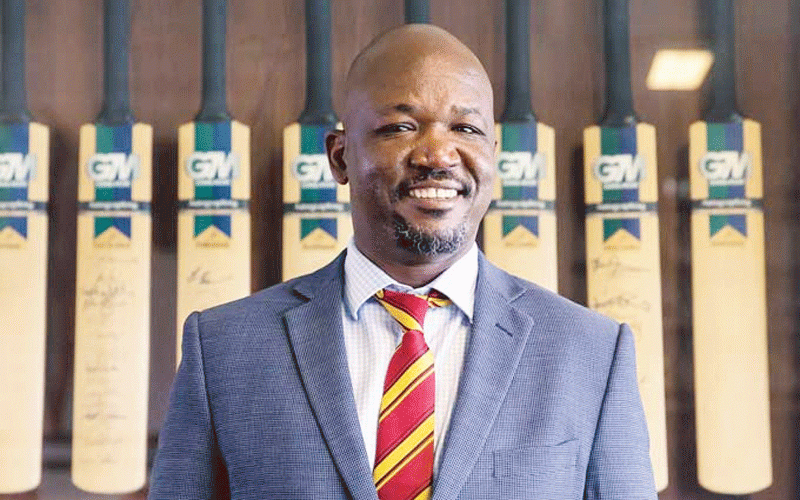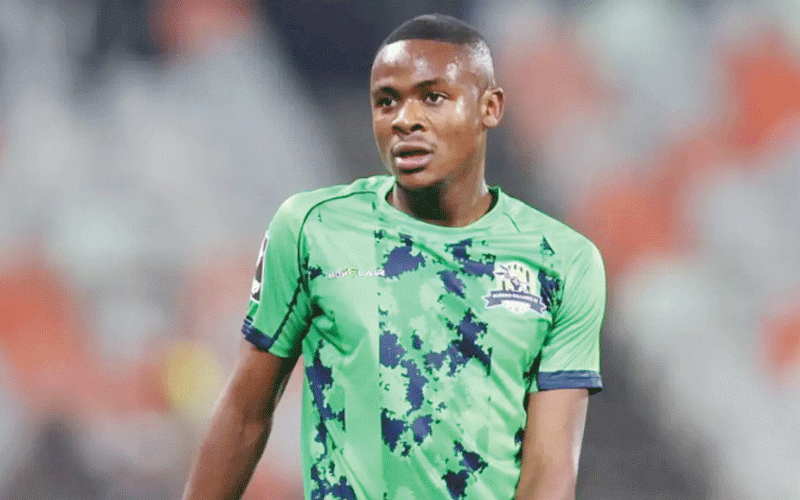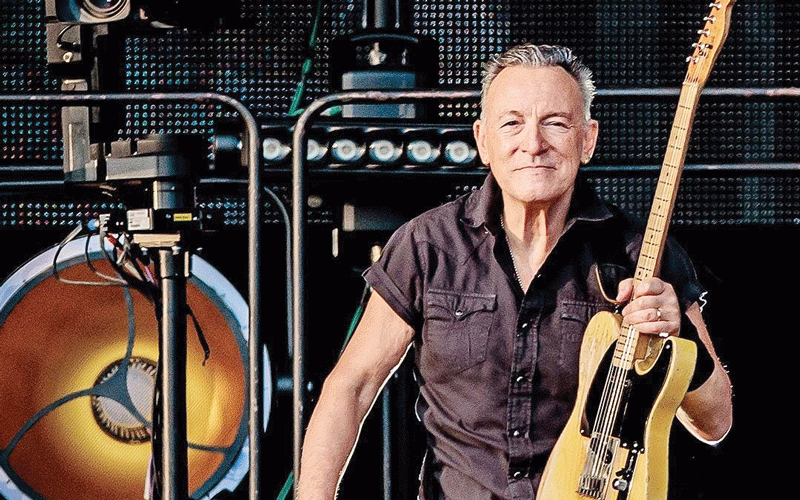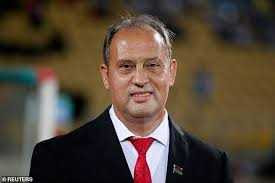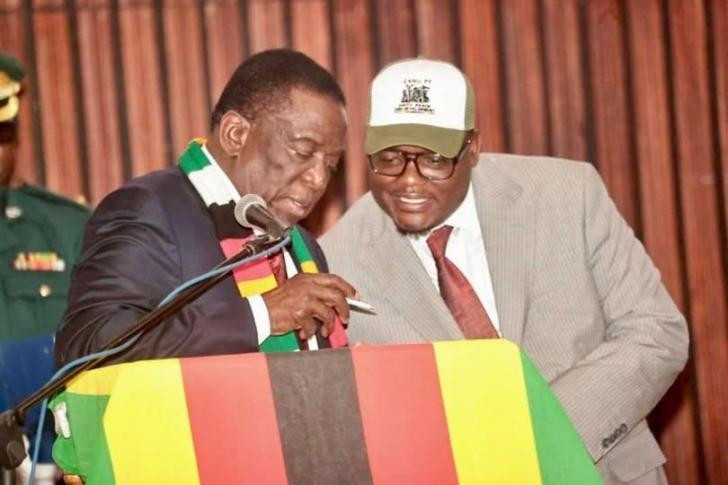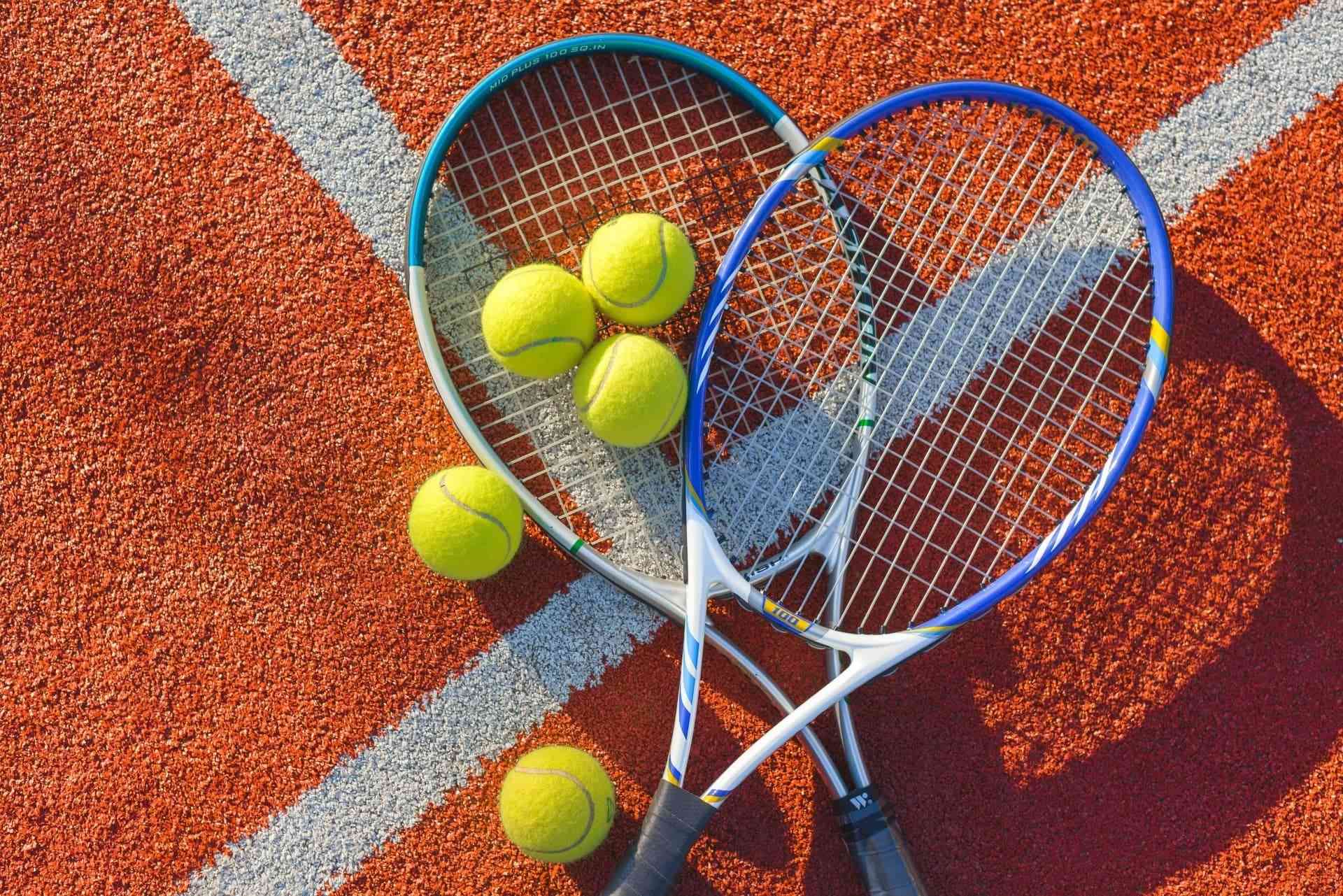
What languages are we teaching at schools? And what is the point of learning languages? Such are questions that many people ask nowadays. However, what has any of that to do with an article on school sport? We do well to ask that as well.
We might easily argue that there is great value in sportspeople learning different languages, with the whole world becoming smaller and smaller and with greater access for sportspeople to play in different countries. The current Sables national rugby squad that has recently qualified for the 2027 Rugby World Cup has several players playing for clubs in countries where English is not the main language. In soccer, Knowledge Musona, recently signed by Scottland FC, has played in South Africa, in Belgium, in Germany and Saudi Arabia. Marshall Munetsi has played in France for Stade De Rheims, Tino Kadewere for Nantes also in France and Jordan Zemura for Udinese in Italy.
Christian Wilhelmsson, a Swedish soccer player, has played for clubs in eleven different countries, while in tennis, Novak Djokovic is widely recognized as the tennis player who speaks the most languages, with 11 languages to his name. It clearly pays for players to speak different languages. It is the same for managers with the most notable examples being Jose Mourinho who speaks at least five languages, as does Pep Guardiola. Roy Hodgson, a former manager of many clubs, learned six.
However, there are also other important languages. According to Gary Chapman, there are five specific love languages: words of affirmation, quality time, receiving gifts, physical touch, and acts of service, all of which need to be learned. Others have claimed seven love languages, namely activity, appreciation, emotional, financial, intellectual, physical, and practical. We would not be far off the mark if we were to deduce that the language sportspeople understand most is financial.
Andre Agassi, one of eight men to have won the tennis Career Grand Slam (having won all four Grand Slam events in their career), in his early rebellious years on the tennis circuit, was known for his obscene language, being disqualified on a number of occasions for obscenities, but he later famously spoke of a different language: “Tennis uses the language of life.” He went on to describe how language used in tennis scoring and play, such as “advantage,” “service,” “fault,” “break,” and “love,” can all be seen as a microcosm of life, as a “life in miniature.” Such a language is crucial.
As in a tennis match, when points accumulate into games, games into sets, and sets into tournaments, so in life moments develop into hours, days, and years. Some may have an advantage over others in life but that does not mean that they will win. Players will produce faults but can still overcome them. We all want and need love for our opponent, for our adversaries. We may win one week but lose the next; we may win one point but lose many others; we may win one game but lose many others. Equally, though, we should turn it around and point out that we may lose one point but succeed in many others thereafter; we may lose a point, a game, a match but can still be a winner the next point, the next game, the next day. We can learn so much about life from sport.
Consider also how Agassi finally accomplished the Career Grand Slam in 1999 at the French Open when, after being two sets down 1-6, 2-6 against Ukrainian Andrei Medvedev, he produced one of the most dramatic comebacks, winning the next three sets 6–4, 6–3, 6–4. Even more incredibly, in the first round of the 2004 French Open, Lisa Raymond was down 0-6, 0-5, 0-30 against Lubomira Kurhajcova and facing two match points, before she staged an incredible comeback to win the match 0-6, 7-5, 6-3. Such comebacks are huge lessons for life. The language speaks volumes.
The language of life, taken from tennis (and other sports), is vital for our children to learn before they enter the big league of life. Sport mirrors life and life reflects sport. If they do not learn the language of life they will languish (feeble, weak, joyless, purposeless, in a state of depression or decreasing vitality, of emptiness, stagnation). Sure, they need languages but the most important is the language of life and sport plays a big part in teaching youngsters that language. Do we see coaches serving as language teachers through every sport practice, drill and match? Si, oui, ja, yebo, ehe, yes – whatever language we use, the answer must be “Yes”. No languishing without languages.
- I refuse to be a delusional idiot
- Yenge Family targets diverse market
- Power of language in nation building
- Nigeria to abolish English in junior school

